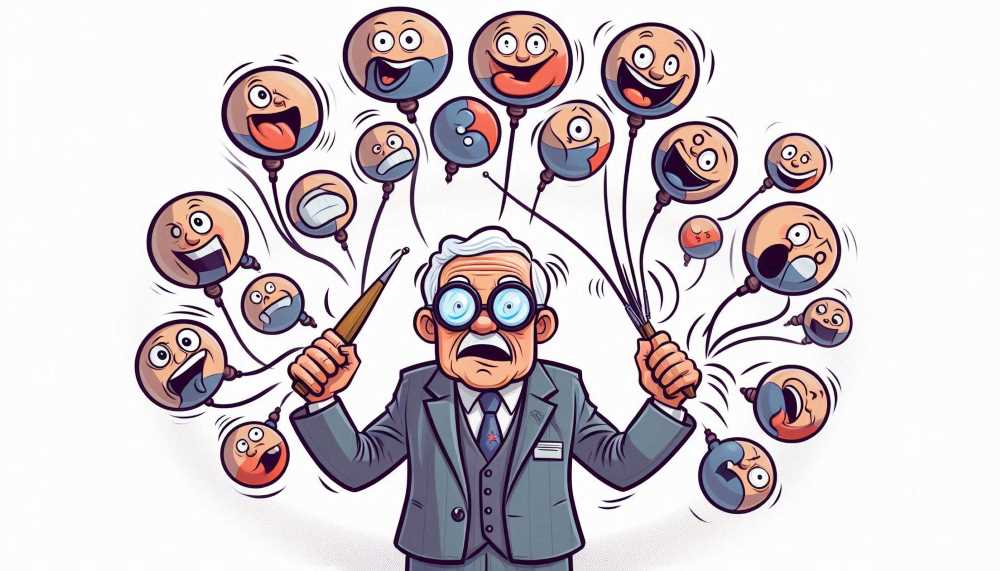How Legislators Use Language to Shape Policy
Parliamentary debate is a crucial mechanism for democratic decision-making. It involves organized discussions between legislators to exchange ideas, argue points of view, and reach consensus.

In any legislative body, from Mexico's Congress to the ancient parliaments, debate reigns supreme—a spirited rhetoric and reason, where words are wielded as weapons and ideas, like chess pieces, are maneuvered with strategic precision. While on the surface, parliamentary debate may seem like a formal exchange of ideas, it is, in reality, a nuanced process of argumentation that shapes laws, policies, and the very future of a nation. It’s not just about getting words out; it’s about getting them right.
One might say that parliamentary debate is the lifeblood of any democratic decision-making process. It is not a chaotic shouting match, as some might expect from certain rowdy parliaments we've seen in viral clips, but rather an mechanism regulated by constitutional law, parliamentary regulations, and centuries of tradition. In Mexico’s Congress of the Union, for instance, the rules governing debate are meticulously laid out in the Constitution, the Organic Law of the General Congress, and the respective regulations of both the Senate and the Chamber of Deputies. This legal scaffolding ensures that debate, while confrontational, remains a civilized and productive clash of viewpoints.




